WASHINGTON, July 9 – U.S. President Donald Trump on Tuesday reiterated that countries targeted by his so-called “reciprocal” tariffs will start paying on August 1, and that there will be no extensions.
“There has been no change to this date, and there will be no change,” Trump wrote on his Truth Social platform. “In other words, all money will be due and payable starting AUGUST 1, 2025 – no extensions will be granted.”
Trump’s renewed firmness on that deadline came after his announcement of new higher tariffs on 14 countries. On Monday, Trump posted 14 letters from countries, including South Africa, Malaysia, and Thailand, outlining tariffs ranging from 25 to 40 percent.
So far, the U.S. has clinched trade deals with the UK and Vietnam, as well as a framework with China.
Japan’s chief tariff negotiator Ryosei Akazawa spoke with U.S. Commerce Secretary Howard Lutnick over phone for about 40 minutes on the day and expressed his country’s disappointment. Akazawa told reporters that Japan would ramp up bilateral talks to reach a deal acceptable to both countries by the August 1 deadline.
South Korea, for its part, said it would “step up negotiations during the remaining period to reach a mutually beneficial result.” “We also plan to use it as an opportunity to improve domestic systems and regulations to resolve the trade deficit that is a major interest of the United States,” the country’s Industry Ministry said in a statement.
Meanwhile, the European Union, the largest bilateral trade partner of the U.S., is aiming to strike a deal before August 1. Trump said Tuesday he was close to finalizing an agreement with the bloc.
“We’re probably two days off from sending them a letter. We are talking to them. I just want you to know a letter means a deal,” he said.
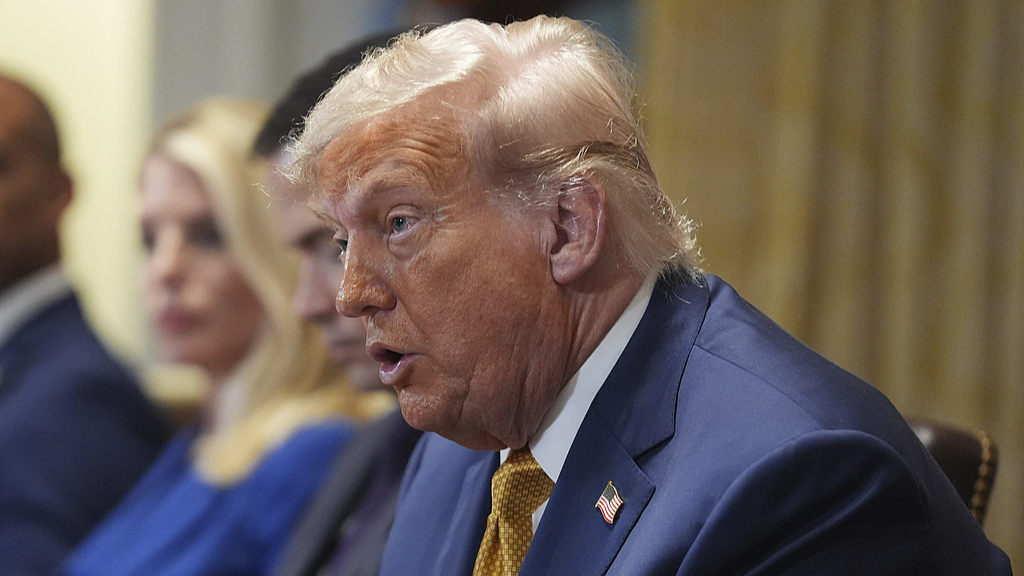
U.S. President Donald Trump speaks during a cabinet meeting at the White House in Washington, U.S., July 8, 2025. /VCG
On the same day, Trump also announced plans to impose 50 percent tariff on copper, along with new tariffs targeting select industries, including pharmaceuticals, semiconductors, and metals.
According to a CNBC report following a Cabinet meeting, Commerce Secretary HowardLutnick said the Department of Commerce had completed its investigation into copper and expected the new tariff to be “likely put in place by the end of July – maybe August 1.”
Trump also stated that tariffs as high as 200 percent could be imposed on foreign-made pharmaceutical products. However, he noted that such measures may not take effect in the near term, as they are intended to encourage more companies to relocate manufacturing to the U.S.
Treasury Secretary Scott Bessent said the U.S. could bring in more than $300 billion by the end of the year.
“We will take it. Take it in about $100 billion in tariff income thus far this year. And that’s with the tariff, the major tariff not having started till the second quarter. So we could expect that that could be well over $300 billion by the end of the year.”
Economists have warned that tariffs could drive up prices and slow down growth, but uncertainty over the ultimate policies may end up being the biggest drag, as it could force businesses to postpone key decisions.
Pamela Coke-Hamilton, the executive director of the International Trade Center, a joint agency of the UN and the WTO, said on Tuesday that Trump’s decision to extend the tariff deadline until August 1 has further deepened the uncertainty undermining long-term investment and damaging business sectors, particularly in developing economies.
She warned that U.S. tariffs will negatively affect the U.S. economy and weaken trust between the U.S. and its major trading partners.

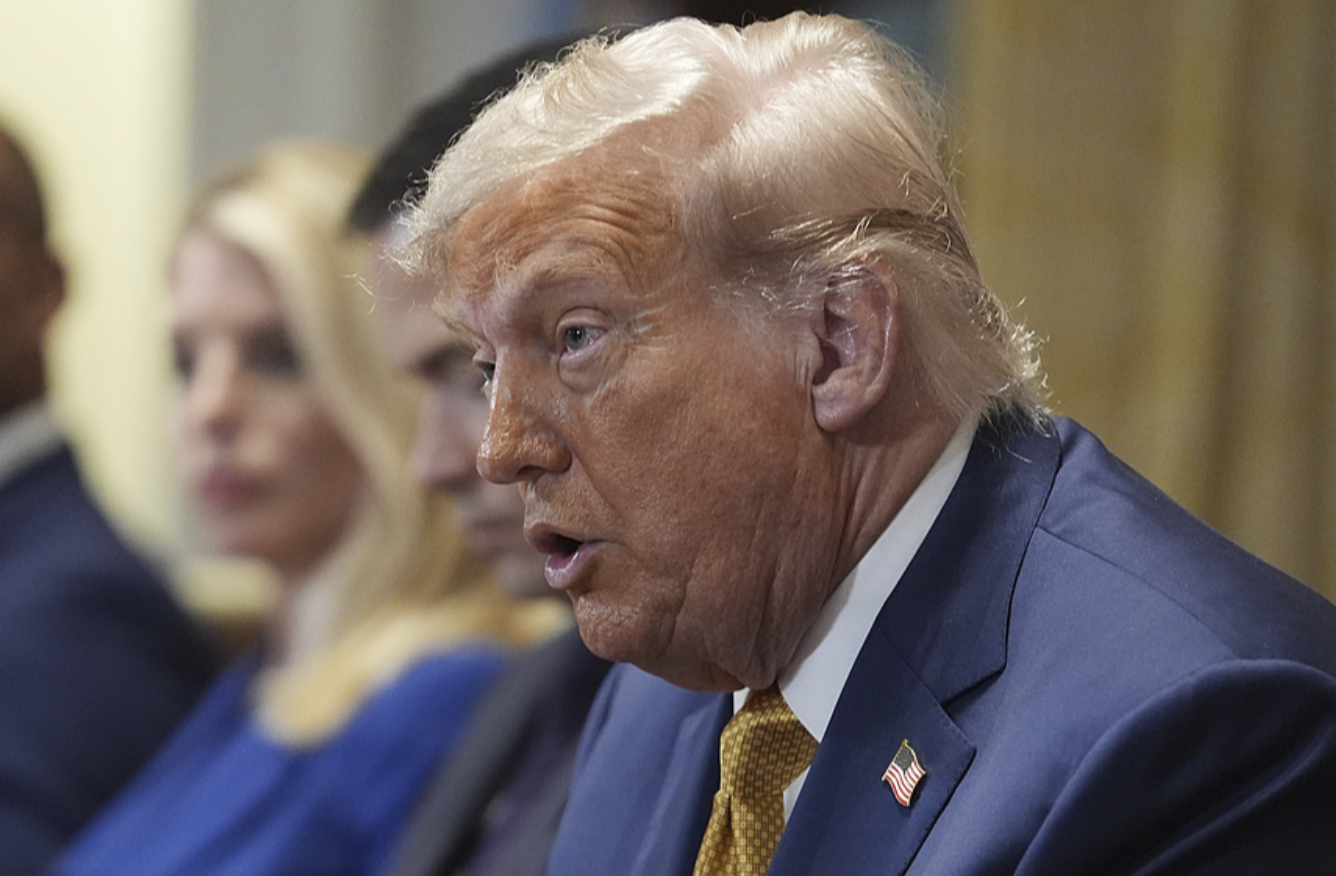









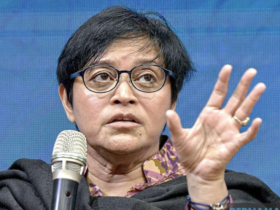


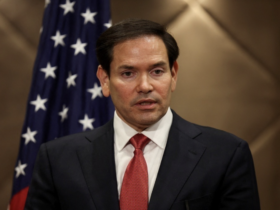

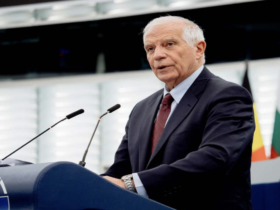
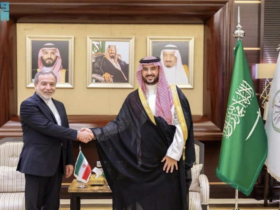

Leave a Reply